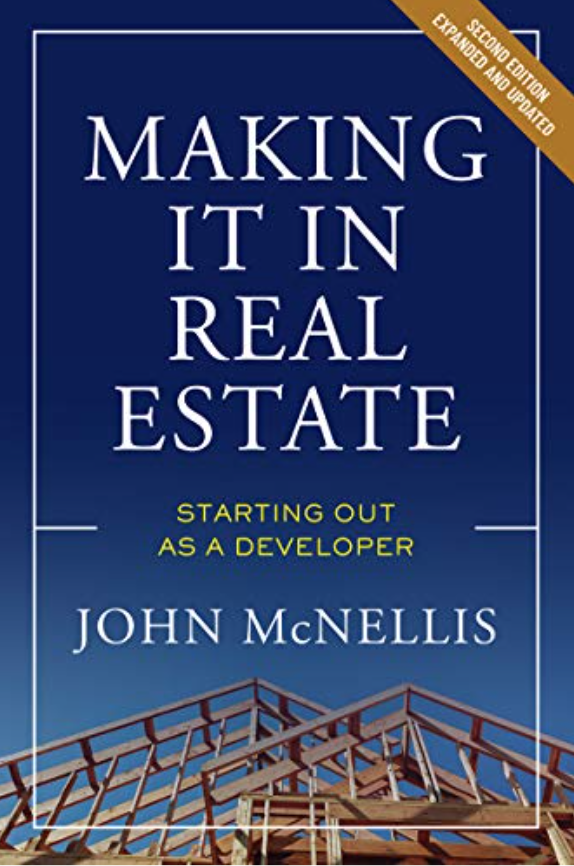Thanksgiving at home is the traditional time and place for contemplating not only your good fortune—and sharing a bit of it—but your kindness in general. Worthy thoughts for a wonderful day, but, unlike checking your home furnace, ones that need not occur just annually.
Last summer, I went on a five day river-rafting trip with Outward Bound. Rather than glamping, we had to do it all ourselves on the Green River in Utah. Instead of guides and stewards turning the river into an outdoor St. Regis, we had to set and break camp, load and unload the rafts, make our own meals, sleep on the ground and, at times, row like prisoners chained to a Roman galley. And, perhaps just as challenging, we had to get to know one another; there was no retreating to the solitude of a tent at twilight. Yet this adventure was not only exhilarating, but so humanizing as to offer one hope in this most abysmal year.
That everyone with a love of the outdoors—or humanity—isn’t taking an OB course suggests that, if not the best kept secret in the non-profit world, Outward Bound is among the most misunderstood of its organizations. Why? In part because the way OB changes the lives of thousands of its participants each year is so hard to explain. And when an attempted explanation falls short, the casual listener comes away thinking the non-profit is an old-school version of “Survivor” or a good way to learn outdoor skills or a place to send troubled youth. Or, worse, that OB is simply another outdoor adventure company.
Basic charities can be explained in so few words—“We feed the poor”—you don’t need an elevator to make their pitch. For Outward Bound, an elevator would have to break down between floors for you to explain it. Even then, you might despair and beseech your listener to go on a course if she wishes to really understand.
Twenty five years ago, I thought Outward Bound was a woodsy boot camp that taught camping skills. Because I wanted to take my young daughters camping and had never spent a night in a forest, I signed up for a week-long OB backpacking trip in the Sierra Nevada to learn basic woodsmanship.
An instructor picked up eight of us—all strangers—at the Fresno airport one sunny morning and then drove for an hour into the wilderness until, suddenly, she stopped by the side of the road. Waiting for us in a dispiriting dirt lot was another instructor and all of the gear we would need for our adventure. The instructors passed out back packs and our individual gear: sleeping bags, coats, rain wear, etc. Making it appear easy—it wasn’t—they showed us how to stuff everything into our packs. Then one pointed to a disconcertingly large pile of group gear—tents, pots, pans, ropes, dried food and so on—and told us to divvy it up among ourselves.
As our packs already had impressive heft, we stared at this hillock for a long moment, then the clever began lifting the various items, seeking bulk over weight. Wanting to be fair, yet perhaps not fully compensating for my size and sex, I took my share, but not a pound more. And so did the others.
It was thus for the first couple days on the trail, fair-minded participants willing to do their part, but no more. If he had cooked breakfast, he was not about to make dinner. If she had pitched the tent one night, the chore was another’s the next. But from the beginning, the gifted instructors were mixing in humanity with lessons on how to pitch a tarp, empathy with cooking freeze-dried food and compassion with learning how to rappel off a cliff. They had us constantly “circling up”, doing group exercises meant to break down our barriers, to openly nurture trust among city-smart strangers, to encourage one and all to help each other.
It worked. As we were learning how to read topographical maps and tie knots of rococo complexity, we also learned—or were reminded—that it mattered not at all how swiftly you ascended a peak if your last teammate was a quarter mile behind—the group would arrive at camp no sooner. Challenged daily, weak and strong alike also learned they could do far more—hike farther, carry more weight, climb sheer walls—than they ever thought possible. We learned we were a team. By the third day the stronger were taking more and more of the group weight on the long climbs and the weaker working ever harder in camp each morning and night. Tasks that seemed daunting the first day disappeared in a trice with many eager hands making light work.
For that week, we rose above ourselves, forgetting about quid pro quo, forgetting about fair deals or deals at all. We simply gave it away to one another. For that week, we were better, more caring and compassionate people. It would be lovely to think our lives changed irrevocably that week—that the compassion we rediscovered within ourselves on that hard trail never disappeared. And it may be true. Outward Bound’s magic is in changing lives, in helping you unlock your own humanity, a magic sorely in need today.
Happy Thanksgiving.


